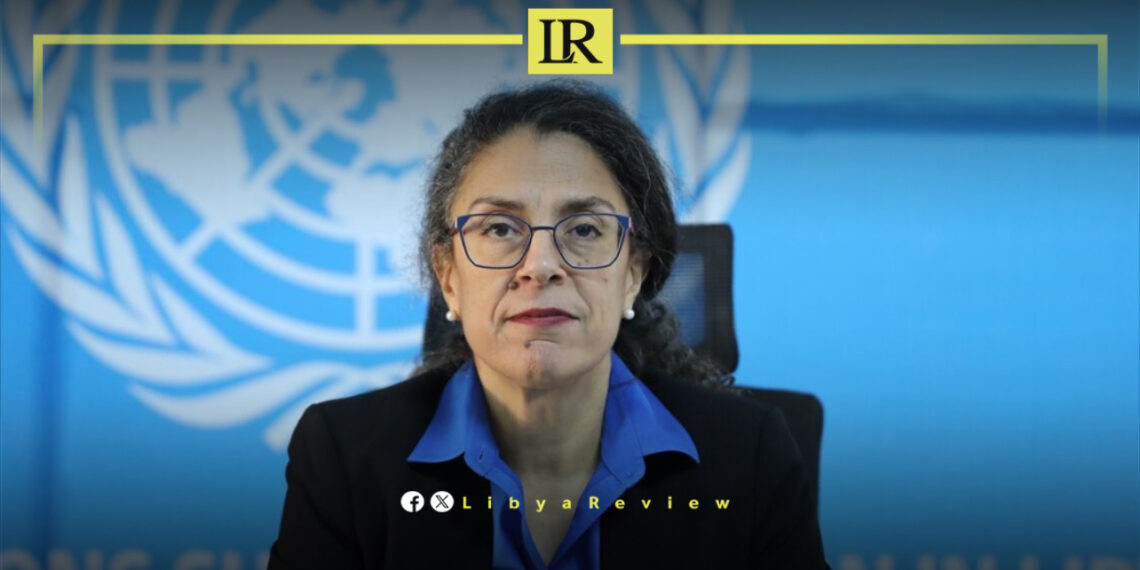Stephanie Khoury, Acting Special Representative of the United Nations in Libya, convened with prominent political, social, and media figures to address the pressing challenges facing Libya’s political process. These discussions form part of the UN mission’s broader initiative to resolve core issues fueling the nation’s prolonged instability and to explore pathways toward democratic elections.
Khoury emphasized the critical role of the advisory committee, which is tasked with studying and proposing solutions to overcome barriers to elections. The committee’s mandate includes resolving controversial issues in Libya’s electoral laws, which have long been a sticking point in the country’s transition. The committee aims to lay the groundwork for Libya’s long-awaited national elections by offering alternatives and bridging gaps between political factions.
Khoury also stressed the importance of Libyan ownership of the reconciliation process. She noted that a unified national effort is key to maintaining stability, restoring institutional legitimacy, and building a robust state framework. The UN mission, she explained, seeks to empower Libyan stakeholders while building on existing legislative frameworks to ensure inclusivity and transparency.
Participants in the discussions voiced concerns about the current political landscape, warning of the risks posed by further fragmentation and gridlock. These sentiments reflect the wider anxiety among Libyans, who face mounting challenges as political elites continue to prioritize their own interests over the nation’s progress.
Libya has faced turmoil since the fall of Muammar Gaddafi’s regime in 2011, descending into a state of fractured governance. Competing factions, divided between the eastern-based House of Representatives and the western-based Government of National Unity (GNU), have struggled to agree on a unified political framework. This prolonged power struggle has impeded progress toward elections, which are widely seen as essential for establishing legitimate governance.
The situation has been exacerbated by disputes over electoral laws, including disagreements on eligibility criteria for candidates, such as Saif al-Islam Gaddafi, and the sequencing of presidential and parliamentary elections. Both the House of Representatives and the Presidential Council have accused each other of politicising the process, deepening mistrust.
Libya’s challenges are further compounded by foreign interference, with regional and international actors supporting rival factions to advance their strategic interests. This has entrenched divisions and stalled reconciliation efforts. Meanwhile, ordinary Libyans continue to grapple with economic hardship, insecurity, and a lack of basic services.


